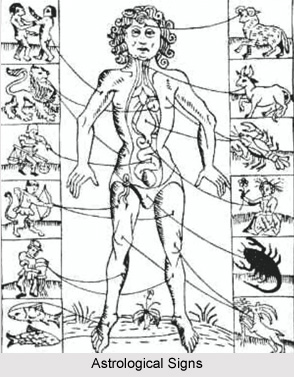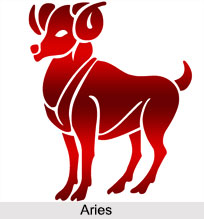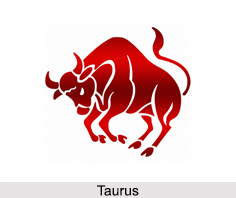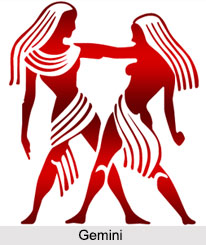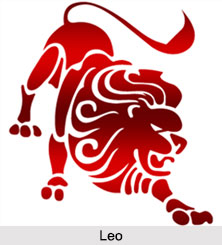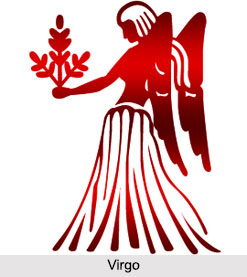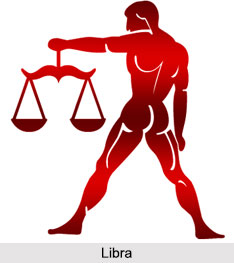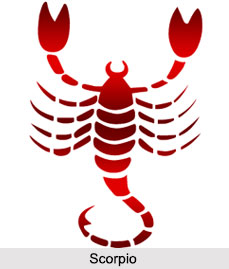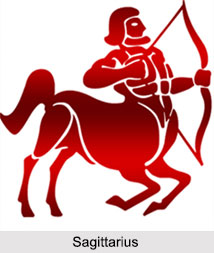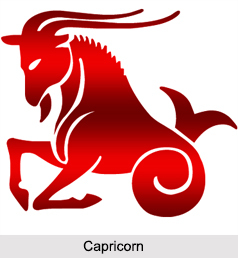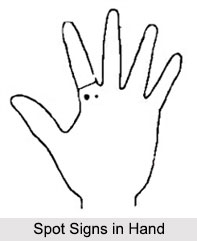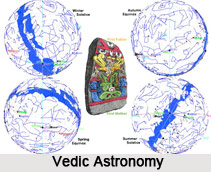 Vedic astronomers had been the most inevitable part of Ancient Indian astronomy. Their contribution had been considered sacred in assessing the movement of the planets as well the movement of the sun and the moon and their impact on the earth. It is with the innovation of various astronomers who could with the help of primitive ancient mathematics calculate the length of day and night, weeks, months, number of days in a year. This also included the difference between the lunar year and solar year which presented different number of days. It is the contribution of the astronomers, like, Aryabhata I and Bhaskara I who equipped Indian astronomy with accurate knowledge regarding the rotation of the earth and its daily axis and the daily movement of the planets around the sun on the invisible path which is often called the orbit of the planet.
Vedic astronomers had been the most inevitable part of Ancient Indian astronomy. Their contribution had been considered sacred in assessing the movement of the planets as well the movement of the sun and the moon and their impact on the earth. It is with the innovation of various astronomers who could with the help of primitive ancient mathematics calculate the length of day and night, weeks, months, number of days in a year. This also included the difference between the lunar year and solar year which presented different number of days. It is the contribution of the astronomers, like, Aryabhata I and Bhaskara I who equipped Indian astronomy with accurate knowledge regarding the rotation of the earth and its daily axis and the daily movement of the planets around the sun on the invisible path which is often called the orbit of the planet.
Among the known scholars the most noteworthy contribution had been of Aryabhata I who was the first Indian astronomer who identified the spherical shape of the earth and its axis, its revolution around the Sun and its own rotation on its axis which finally decides the time, length of the day and night, the circulation as well as the days of year and many more inventions which had been the crux of Indian Astronomy. The work of such eminent astronomers is included in the treatises written by them which worked as the guideline for further innovations. Two most noteworthy Treatises are Aryabhatiya written by Aryabhata I and three books written by Bhaskara popularly known as Mahabhaskariya, Lagubhaskariya and a Bhashya on Aryabhatiya. Along with this there had been other scholars like Brahmagupta who opposed Aryabhata`s school of Astronomy and began his own version of astronomy which is again included in Siddhanta Jyotisa.
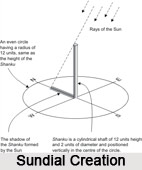 Vedic astronomers as such can be largely divided into two sections which divides Hindu astronomy into two sections. While the earlier study is known as Vedanga Jyotisa , the latter is known as Siddhanta Jyotisa to which the astronomers are usually associated. While the ancient astronomers like Vashishta, Pitamaha etc who are known as forefather of Hindu astronomy which is mainly included in Vedanga Jyotisa, the astronomers like Aryabhata and others who began the scientific innovations in the field of Indian astronomy are included I Siddhanta Jyotisa which is the second part of Hindu astronomy.
Vedic astronomers as such can be largely divided into two sections which divides Hindu astronomy into two sections. While the earlier study is known as Vedanga Jyotisa , the latter is known as Siddhanta Jyotisa to which the astronomers are usually associated. While the ancient astronomers like Vashishta, Pitamaha etc who are known as forefather of Hindu astronomy which is mainly included in Vedanga Jyotisa, the astronomers like Aryabhata and others who began the scientific innovations in the field of Indian astronomy are included I Siddhanta Jyotisa which is the second part of Hindu astronomy.
Vedic Astronomers more specifically include a number of astronomers who are remembered for their permanent contribution. This includes Vasistha, Romaka, Visnugupta, Asita-Devala, Risiputra, Bhrigu, Maya, Badarayana, Nagnajit. These are the popular scholars of the Vedanga Jyotisa who belong to the earlier generation of Hindu Astronomy. Their teachings have been mainly included in the Upanishads as well as the early texts of the Ancient Indian astronomy. It further includes the teachings of Pitamaha, Surya, Pulisa and Vashishta which has been summarised by Varahamihira.
Vedic astronomers along with this includes the astronomers of the Siddhanta age which include the astronomers like Lagatha who belonged in the 2 millenium, Aryabhata I (476-550) CE, Brahmagupta (598- 668), Varahamihira (505 CE), Bhaskara I 629 CE, Lalla 8 century CE, Bhaskara II 1114 CE , Sripati 1045 CE , Mahendra Suri 14th century, Nilakantha Soyamji 1444- 1544 CE, Acyuta Pisarati 1550- 1621 CE.
Thus, the astronomers who belonged to both the generations represent the difference between in astronomical studies of Ancient Indian Astronomy which developed through a long period which included centuries. Overall Vedic astronomers had been the most inevitable part of Indian astronomy who came up with every generation with new stock of innovations on the movement of Sun, moon and its planets.
